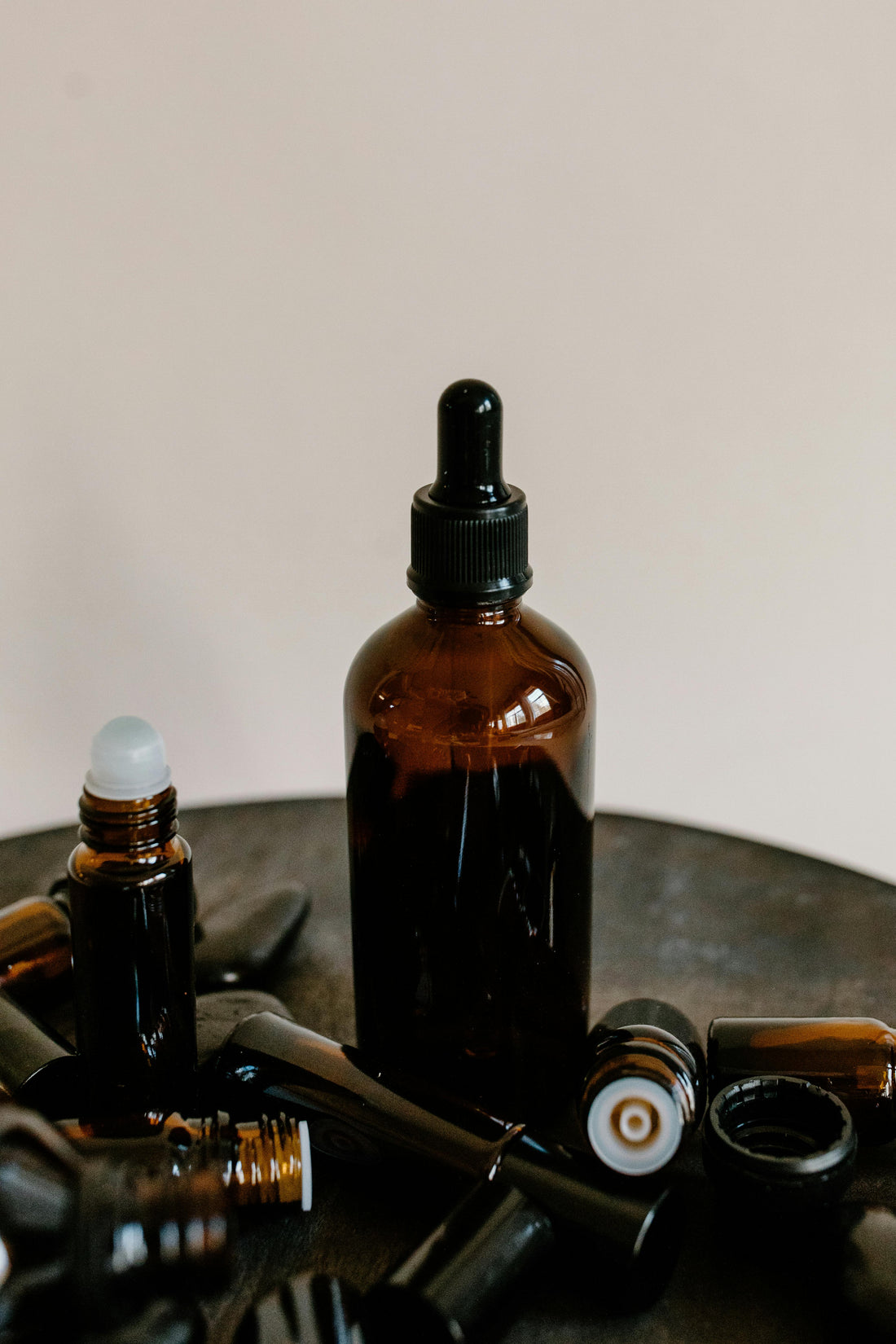
Do Fragrance Oils Expire? | Velora Prima Guide
Share
Understanding the Shelf Life of Fragrance Oils
At Velora Prima, we believe exceptional fragrances are the foundation of every great product. To ensure your fragrances, diffusers, and room sprays consistently captivate your customers, it's essential to understand how to protect your investment. This guide will walk you through the typical lifespan of fragrance oils, best practices for storage, and how to identify signs of degradation.
How Long Do Fragrance Oils Last?
Most pure, undiluted fragrance oils come with a manufacturer's shelf-life estimate of 24 months. In practice, their lifespan is highly dependent on their chemical composition and, most critically, their storage conditions. With ideal care, these oils can retain their integrity for 3 to 4 years, or even longer.
It's important to understand that fragrance oils do not spoil like food; instead, they undergo a gradual degradation. Over time, an oil may lose its aromatic strength, its balanced scent profile can shift, or it may cease to perform as intended in your final product. Be aware that oils with delicate top notes, such as citrus, green, or fresh florals, are particularly prone to fading or changing character more quickly.
How to Store Fragrance Oils Properly
Best Practices for Protecting Your Fragrance Oils:
Preserving the quality of your fragrance oils is simple with the right care. Proper storage is essential for maintaining their scent profile and stability in your finished products. Follow these key guidelines:
- Control the Environment: Store bottles in a cool, dark, and dry place. Consistently avoid direct sunlight, heat sources, and high humidity, as fluctuating temperatures and moisture can degrade the oil over time.
-
Minimize Air Exposure: Always seal bottles tightly immediately after each use. This prevents oxidation, which can alter the fragrance's chemical composition.

Signs a Fragrance Oil May Have Degraded
Unsure if your fragrance oil is still at its best? Here are the key indicators of degradation to watch for:
- A Change in Scent: Trust your nose. If the fragrance smells flat, sour, metallic, or simply "off" compared to its original profile, it has likely oxidized.
- A Change in Appearance: Inspect the oil visually. Any significant darkening, cloudiness, or separation is a clear sign that exposure to light or air has compromised the oil's integrity.
- A Change in Texture: Feel the consistency. If the oil has become unusually thick, sticky, or no longer pours smoothly, its chemical stability may be compromised.
-
A Drop in Performance: The most critical test is in your final product. A noticeable decline in hot or cold scent throw in candles, or weak diffusion in sprays and diffusers, indicates the oil is no longer effective.
Velora Prima Recommendation:
Always label your bottles with the date they were received and practice stock rotation. For any oil stored for over a year, we strongly advise making a small test batch to evaluate its performance in your product before full-scale production. Remember, even if an oil smells acceptable in the bottle, its true quality is proven in application.

